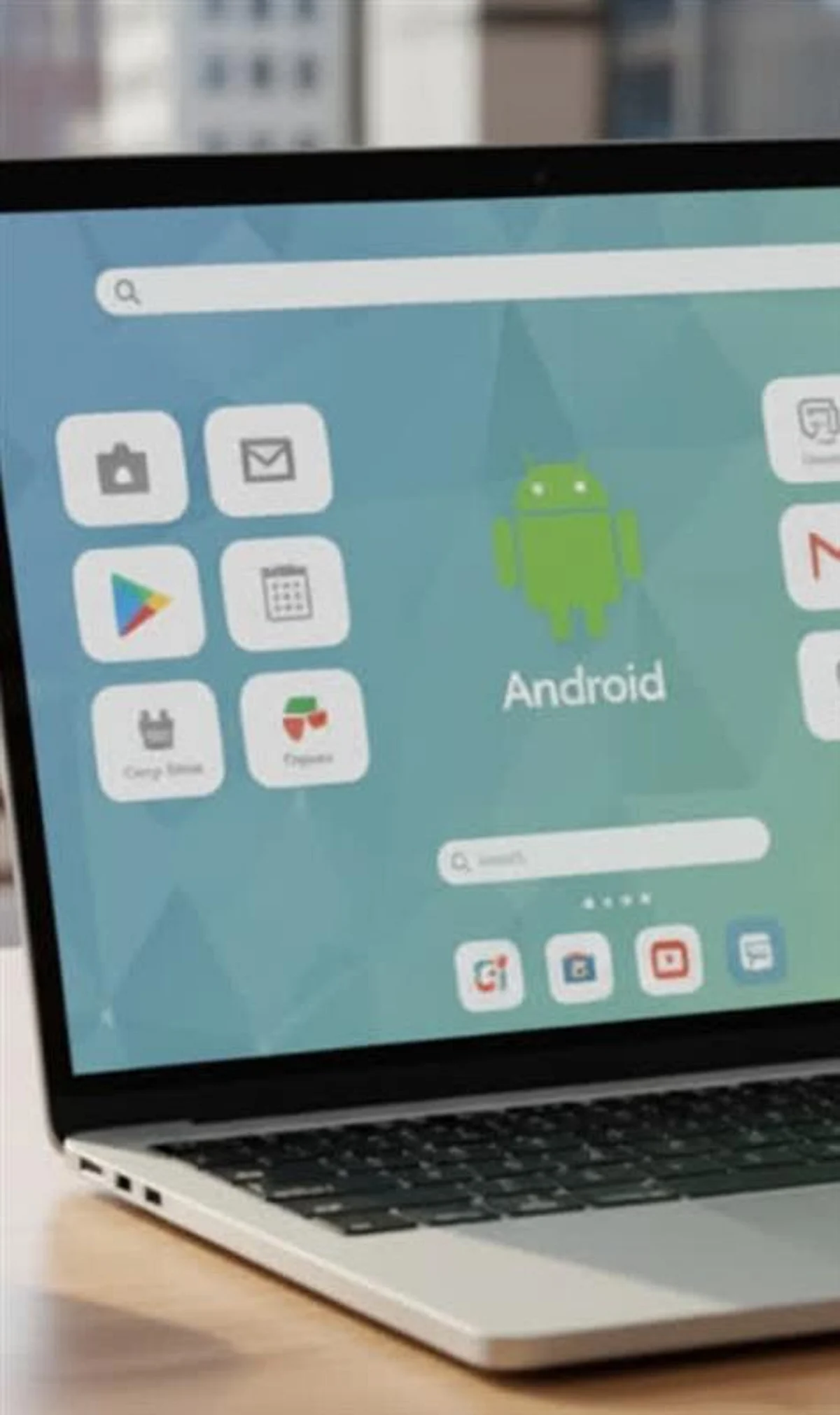Google has officially launched its Android for PCs, marking a significant expansion of its operating system into the personal computer market. This new initiative is seen as a direct challenge to Microsoft‘s dominance with Windows, potentially reshaping the landscape of PC operating systems. With this move, Google aims to attract a broader audience of PC users and software developers.
The introduction of Android for PCs allows users to run Android applications on their computers, providing a seamless experience for those familiar with the mobile operating system. This development was announced on October 10, 2023, during a live-streamed event that highlighted the capabilities and advantages of Android on larger screens.
Exploring the Potential Impact
As Google positions Android as a viable alternative to Windows, the implications for both consumers and developers are noteworthy. The integration of Android applications into the PC environment opens new possibilities for productivity and entertainment. Users can now access a vast library of apps previously limited to mobile devices, enhancing their computing experience.
The move is also likely to prompt a competitive response from Microsoft. Historically, Microsoft has dominated the PC operating system market, but Google’s entry could shift user preferences. Analysts suggest that this competition may lead to innovations in both platforms, ultimately benefiting consumers.
Furthermore, Android for PCs is designed with flexibility in mind. Users can customize their experience, adapting the system to meet personal preferences and workflows. This adaptability could attract users who value personalization in their computing systems.
Response from the Tech Community
The tech community has responded with a mix of excitement and skepticism. Some industry experts view this launch as a potential game-changer, while others caution against underestimating the challenges Google may face. One analyst noted, “Google’s success in the mobile space does not guarantee the same outcome in the PC market.”
Moreover, developers are encouraged to create applications that leverage the unique features of Android for PCs. Google has indicated that it will provide the necessary tools and support to facilitate this transition. The company aims to foster a vibrant ecosystem that encourages innovation and collaboration among developers.
As PC users consider this new option, the question remains: will Android for PCs succeed in challenging Microsoft’s long-held market position? The coming months will likely provide insights into user adoption rates and overall market response.
In summary, Google’s launch of Android for PCs represents a bold step into a competitive arena. As the tech landscape evolves, the impact of this move will be closely monitored by industry watchers and consumers alike. Whether this initiative can sustain momentum against established players like Microsoft will determine its long-term viability.





































































